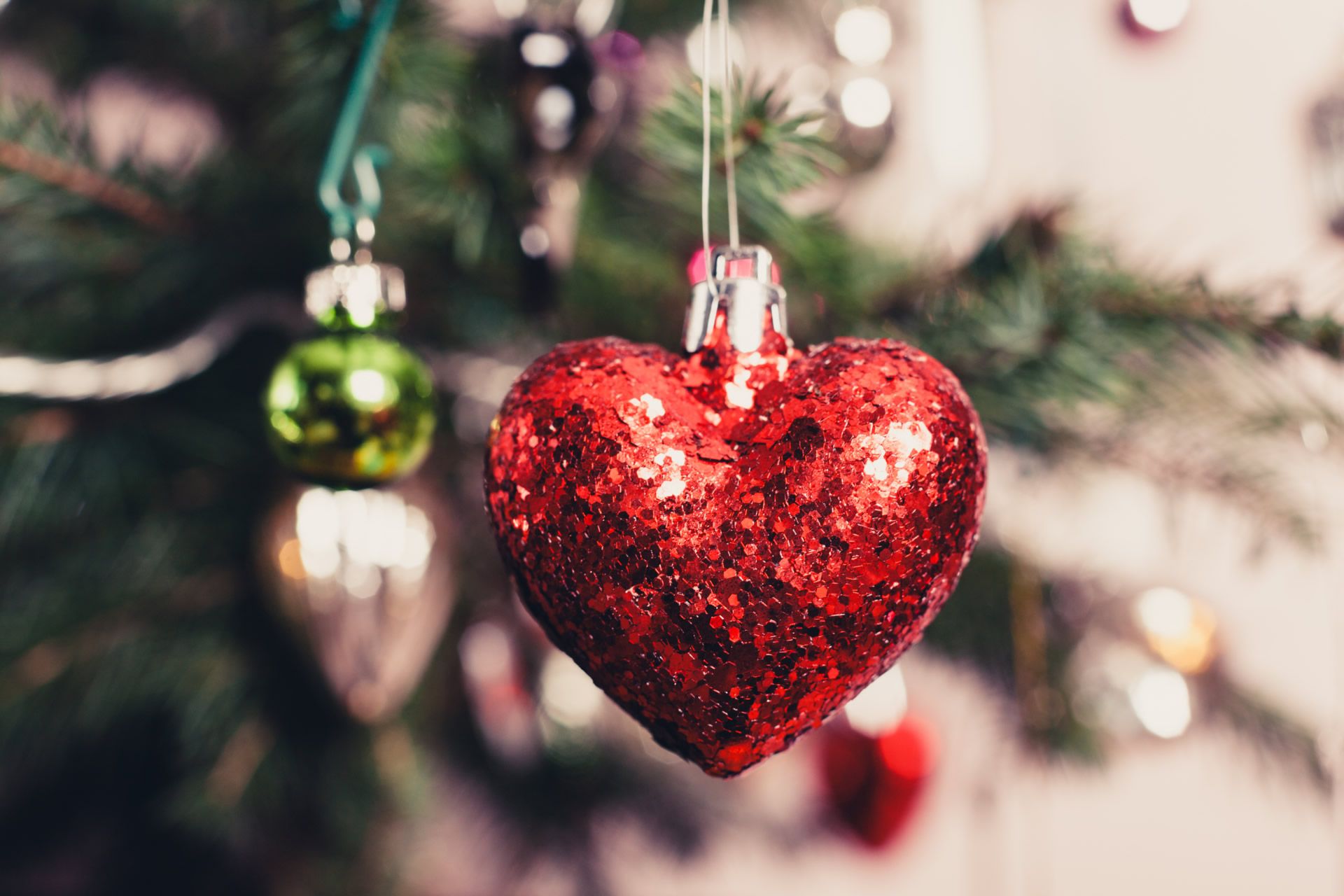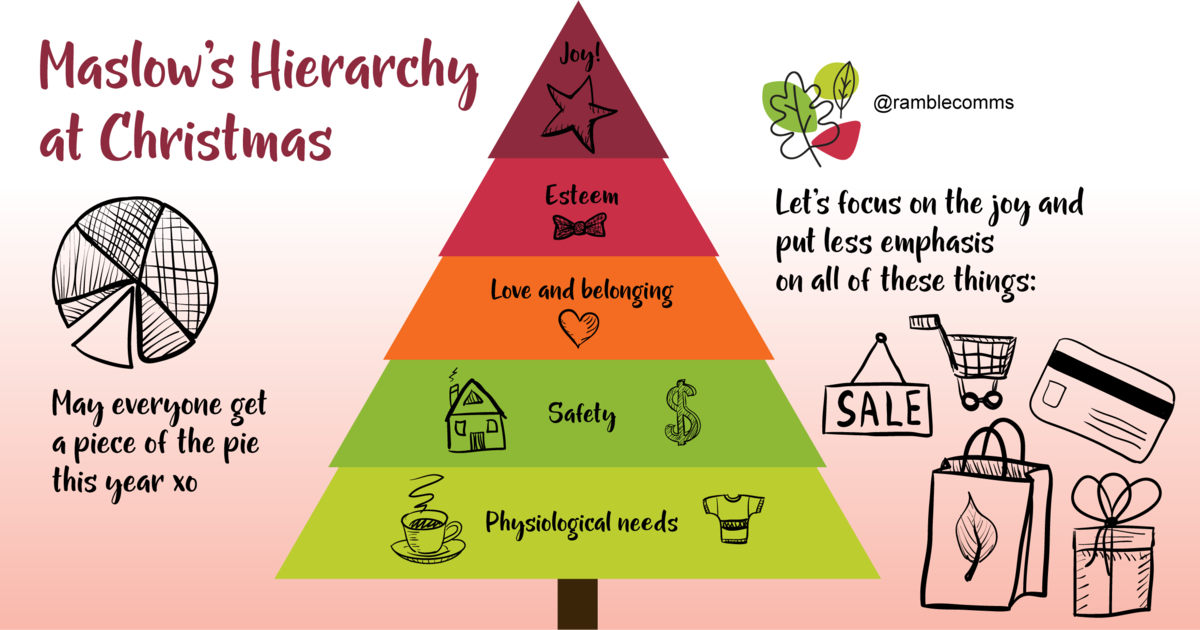Abundance
Or, letting go of the scarcity mindset and finding the reason in the season.

A couple of weeks ago, I wrote about my experience reading Sarah Wilson’s book, This one wild and precious life. That book convinced me to drastically cut my consumption of pretty much everything in my life – plastics, processed food, household water use, all of it.
While I’m still grappling with what I can change and how, I thought it important to report that something has happened inside my brain. It’s as if reading Wilson’s book turned off the capitalist switch within me, and now I’m seeing everything in a different light.
This has come with a few shocks. The worst shock happened when – unfortunately – I chose to watch about 45 minutes of commercial television. While I grew up with commercial TV, it’s very rare for me to watch it these days, and I have to confess that my mind was blown. The sheer number of ads shocked me. And the content of the ads shocked me too: the TV stations and the advertisers seem to want us all worshipping at the temple of capitalism in a completely unexamined way. Just buy, buy, buy was all they had to say.
There was one ad for BigW that has stayed in my mind. It had the words: ‘All your favourite brands’ in the middle of the screen and then hundreds of logos drifting casually across the background. I know this is supposed to make me want to buy stuff but it kinda just made me feel sick. Who needs all that stuff anyway?
Well, the brands need us to buy their stuff so that they can keep making their stuff and the workers can have money to buy the stuff and there we have a perpetual cycle of consumption that keeps on going and going, just like those logos drifting endlessly across the screen.
And then I started wondering about the disparity of it all. Some people have plenty. In fact, they have more than enough. And others are just scraping by. Some people live in a stream of abundance. Others live with scarcity and fear.
For many years now, I’ve understood the difference between an abundance mindset and a scarcity mindset. I know from personal experience that making the shift from one to the other is a big deal.
Here’s how Steven Covey describes the scarcity mentality in his famous book, The 7 Habits of Highly Successful People:
“Most people are deeply scripted in what I call the Scarcity Mentality. They see life as having only so much, as though there were only one pie out there. And if someone were to get a big piece of the pie, it would mean less for everybody else.”
On the flip side, living with an abundance mindset releases us from anxiety and fear. It fosters trust in the flow of life, in its timing, its lessons and its opportunities.
But where does BigW fit into all of this? In some ways, we could look at the largess of the people pouring out of shopping centres with bags of goodies as a form of abundance. When we have this kind of retail experience, it feels like we can have everything we want.
But there are negative consequences to this. The price of all this consumption is the health of our planet. For some people, the price might be more personal: a huge spendathon might be accompanied by shame and guilt. And there are heaps of people in our community who simply cannot engage in this kind of extravagance at all. They need to choose between bills and food, say, or petrol and rent.
Can a mindset change all that?
Is it fair to encourage someone on Struggle Street to start manifesting the life they really want? You know, in the style of ‘The Secret’, where you just have to wish for a BMW and it will turn up in your driveway sometime soon.
And why do some people get a fair crack at it while others don’t?
Sarah Wilson would point to the failures of neo-Liberalism – a mindset that says pull your socks up, regardless of your challenges, and you too will soon be shopping like the best of us. Capitalism and neo-Liberalism have joined forces to make sure that some people get a piece of the pie while others don’t, even though in reality there’s plenty of pie to go around.
The system itself creates the disparity. It ensures that those at the top flourish while others don’t. According to Oxfam, the 22 richest men in the world have more wealth than all the women in Africa. And, on 2020 figures, just over 2,000 billionaires had more wealth than 60 per cent of the rest of the people on the planet.
What I’d like to hypothesise is that true abundance isn’t actually about wealth. And it certainly isn’t about stuff. Abundance is about joy. It’s about peace, love, connection and belonging. This is the real stuff. It’s that which we are yearning for. And sadly, it’s that which we are shopping for.
As if, as a society, we’ve created a connection between shopping and love. Between having and being. Between comfort and contentment.
I’m not in favour of deprivation or going without. I’m in favour of fairness, and of everybody having their basic needs met. The Happiness Index explains:
“Money contributes to happiness when it helps us make basic needs but the research tells us that above a certain level more money doesn't actually yield more happiness.”
This is referring to the 2010 study from Princeton University that suggested happiness increased with salary until participants earned $75,000 per annum. Beyond this point, the correlation between salary and happiness decreased.
Of course, there’s inflation to take into account, but what this points to is that, as people move up through the hierarchy of needs, they gain happiness.

I’m all for each and every one of us having the opportunity to self-actualise.
I’m just not sure that the pathway to self-actualisation is capitalism.
Instead, I think the pathway is love.
This year in the shopping centres at Myer, the festive season’s advertising says 'Let the season be the reason.' Let the season be the reason to spend, spend, spend. Ad News explains that the Clemenger BDDO campaign is designed to make people smile, shop and indulge.
Is it possible that there’s another reason for the season? A reason that we’ve forgotten? And that reason is altogether to do with love – love in its purest, kindest, simplest form?
Even for those of us who don’t actively practice Christianity, the reason for the season is an expression of love. It’s about being with our families, about connecting with others and it’s about believing in peace.
This year, my dearest wish is that more and more of us find reasons in the season beyond the frantic search for a car park outside BigW.

